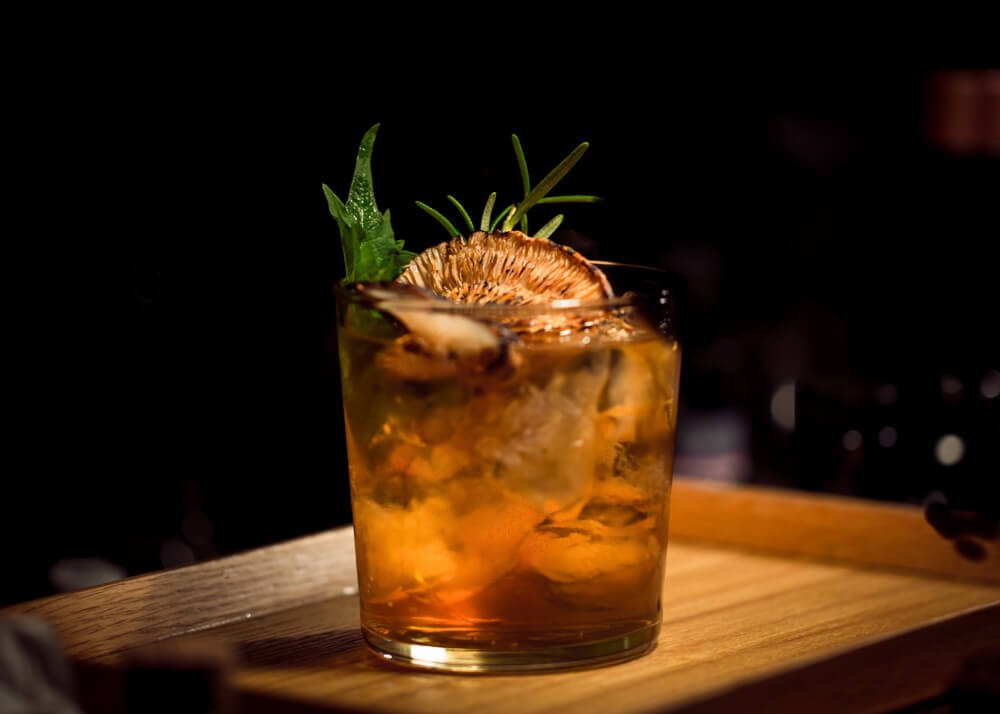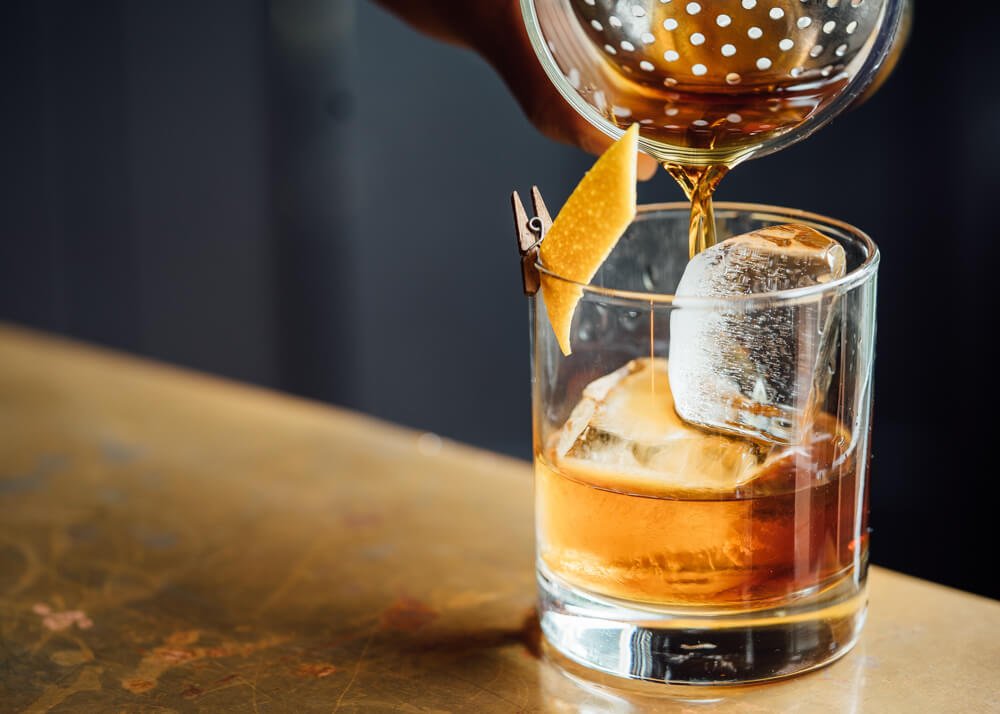The nuanced and delicious aromas that different spirits offer frequently attract liquor connoisseurs. Behind these aromas is a universe of aromatic flavor enhancers that contribute significantly to the varied flavor profiles of various liquors. Natural elements such as herbs, fruits, and spices, as well as precisely produced artificial taste compounds, can be used as flavor enhancers.
In this post, we’ll look into aromatic flavor enhancers and their significance in the world of liquor.
The Science of Aromatic Flavor Enhancers
Aromatic flavor enhancers are compounds used to improve and enhance the tastes of liquors. They act by interacting with our taste receptors and olfactory senses, resulting in a multimodal experience that characterizes the flavor and scent of a certain spirit. These flavor enhancers can add complexity, depth, and balance to a liquor’s overall taste profile, making it more attractive to the discriminating palette.

Understanding Natural Aromatic Flavor Enhancers
Herbs and Botanicals
In liquor, herbs and botanicals have long been used as aromatic flavor enhancers. These natural components contribute to the specific flavor of numerous spirits, from the basic botanical mixture of juniper berries, coriander, and citrus peels in gin to the complicated mix of herbs and roots in bitter liqueurs like amaro. They integrate their distinct tastes into the liquor, creating a beautiful balance and adding levels of depth.
Fruits and Citrus
Fruits and citrus are highly valued for their vibrant tastes and fragrant properties. Citrus peels like orange, lemon, and grapefruit are frequently used in liquors to lend brightness and a pleasant zest. Berries, apples, and peaches, for example, can contribute natural sweetness, tanginess, or earthy tones to produce a well-rounded taste profile.
The Role of Aromatic Flavor Enhancers in Craft Cocktails
Aromatic flavor enhancers are crucial in the formulation of artisan cocktails. Mixologists frequently use these flavor enhancers to create distinctive and inventive taste profiles that boost the drinking experience. Mixologists may make intriguing concoctions that exhibit a balance of tastes, alluring scents, and aesthetic appeal by carefully selecting and blending fragrant components such as infused syrups, bitters, or tinctures.
The Impact of Aromatic Flavor Enhancers on the Liquor Industry
Aromatic flavor enhancers have significantly impacted the liquor business, helping manufacturers create consistent and distinctive taste profiles. They let liquor companies stand out in a crowded market by providing distinct and recognized flavor sensations.
Furthermore, these enhancers add to the adaptability of liquors by allowing them to be employed in various cocktail recipes and mixology creations, creating new trends and pushing the boundaries of established taste profiles.
The Role of Thirst in Exploring Aromatic Flavor Enhancers
Thirst: Philippines’ First Online Liquor Marketplace, a premier online platform for liquor enthusiasts, understands the importance of aromatic flavor enhancers in the world of liquor. With Thirst, you can explore a vast array of spirits and discover the intricate flavors and aromas that are crafted through the careful selection of aromatic enhancers.
Whether you are seeking a gin infused with botanicals, a whiskey with smoky undertones, or a liqueur with complex herbal notes, Thirst offers a curated selection that showcases the artistry and craftsmanship of liquor production.

The Art of Balancing Aromatic Flavor Enhancers in Liquor Production
A delicate technique of mixing aromatic flavor enhancers is required to create a pleasant and well-balanced liquor. Liquor manufacturers meticulously choose and blend several flavor enhancers to obtain the desired flavor profile while ensuring that no one factor dominates the overall flavor. This balancing technique is essential in creating a beverage that captivates the senses and imprints the taste.
Enhancer Selection
Liquor manufacturers carefully select aromatic flavor enhancers to match the base liquor and intended taste character. They analyze the intrinsic features of the spirit, the intended market, and customer preferences. The selection procedure entails choosing enhancers that will complement the inherent tastes of the spirit and take them to new heights.
Proportions and Ratios
Precise measurements and ratios are required to achieve the ideal balance of aromatic flavor enhancers. Each enhancer adds its distinct flavor, whether it’s herbal undertones, fruity subtleties, or a bit of spice. Liquor manufacturers carefully experiment with various amounts to achieve the optimal blend that brings out the desired tastes without being overbearing or conflicting with one another.
Aging and Infusion Techniques
Some spirits, such as whiskey or rum, undergo aging or infusion processes to improve their flavor. The alcohol interacts with oak barrels, fruits, spices, or other ingredients at this stage, allowing the tastes to combine and develop complexity. The conditions and time of age or infusion significantly impact taste balance and aromatic infusion.
Quality Control and Iterative Refinement
Liquor makers employ tight quality control methods throughout production to ensure consistent taste profiles and balance. They enhance their recipes and procedures through regular taste testing and analysis. Adjustments may be made to attain the correct balance, resulting in a liquor that harmonizes the primary aromatic flavor enhancers and gives a distinctive sensory experience.
Conclusion
Aromatic flavor enhancers play a vital role in shaping the taste, aroma, and overall drinking experience of liquors. From the natural herbs and botanicals that infuse spirits with complexity to the carefully crafted artificial compounds that provide consistent flavor profiles, these enhancers add depth and character to a wide range of liquors. By understanding the role of aromatic flavor enhancers, we can develop a deeper appreciation for the craftsmanship and creativity involved in the production of fine spirits.